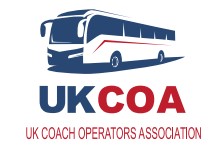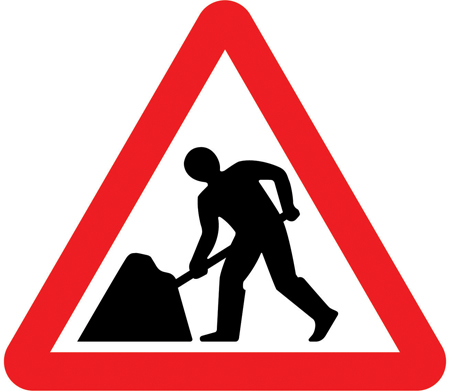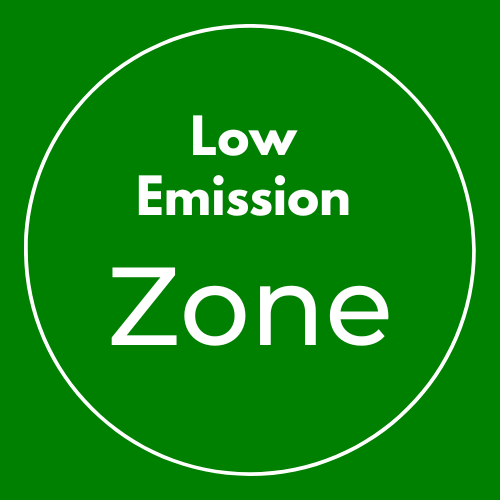TfL has updated their plans for the Park Lane scheme that they delivered temporarily in May 2020 as part of their Streetspace for London programme.
Following their monitoring of the Park Lane scheme and feedback received; TfL intend to make some improvements. These changes focus on the northbound carriageway and a list of works is provided below. The changes will provide additional benefits to cyclists, pedestrians, and bus, taxi and coach passengers by retaining the Cycleway, extending the bus and taxi lane and providing additional coach parking.
Construction
The works are planned to start week commencing 20 June and will run until 19 August. It is envisaged that most of the works will take place during the week. More information about the changes is available on TfL’s website at https://haveyoursay.tfl.gov.uk/park-lane.
The works will include:
- Remove the blue barriers from the Cycleway near the junction with North Carriage Drive and near the car park entrance and replace with wands and double red “no stopping at any time” line markings.
- Provide additional coach parking along Park Lane. This requires the cycle lane to be narrowed in places down to no less than 2.5m
- Provide additional tactile paving at zebra crossings located at the bus stop bypasses to ensure it extends back from the kerb edge. This will enable partially sighted pedestrians to be directed to the zebra crossings to enable them to cross safely
- Relay the paving on the footway parallel to Park Lane car park and relocate existing wands closer to car park parapet wall.
- Convert the pedestrian crossing at Stanhope Gate into a Toucan crossing, suitable for both pedestrians and cyclists to use. This will require some new dropped kerbs to allow cyclists to travel to and from Mayfair.
- Replace wands with kerbs from Stanhope Gate to Curzon Gate. This enables coach drivers to disembark if required
- Install a new ramp to the shared footway near South Carriage Drive to provide a continuous cycleway to/from South Carriage Drive to Lancaster Gate
- Extend the existing bus and taxi lane from South Carriage Drive to Hyde Park Corner
- New cycle signs along the route to highlight connections to Mayfair, Oxford Street, Lancaster Gate etc.
Engagement and consultation
TfL are committed to delivering this scheme as part of a programme of safer cycle infrastructure in line with the mayor’s Healthy Streets and Vision Zero strategies.
Following construction, they will undertake a public consultation and use the information from this combined with safety, survey, and journey data to inform what they do next. TfL can be contacted on 0343 222 1234 or [email protected].



